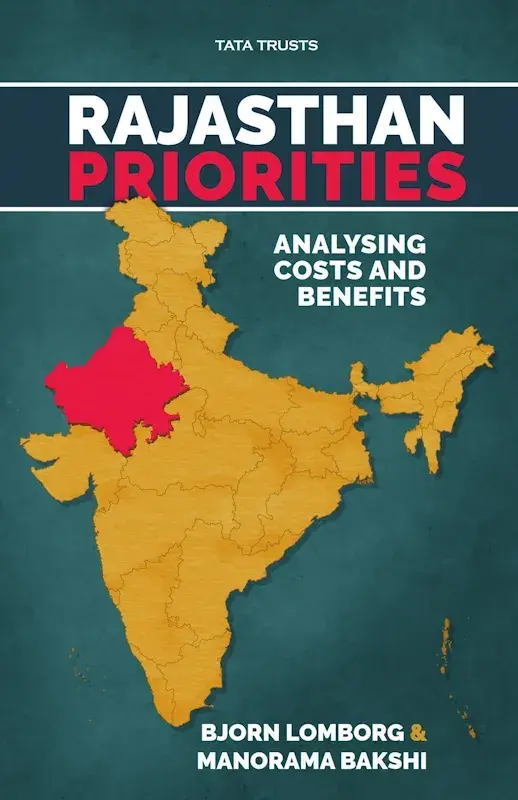Rajasthan Priorities
Businesses, civil society and, indeed, every citizen has a stake in the important budget-setting process, which sees roughly 1,71,300 crore rupees allocated among important causes. With a diversified economy, high growth rates, and an international high profile, Rajasthan is an important part of India’s success story. But Rajasthan, like every state and nation on Earth, does not have unlimited funds. It has to choose between many worthy opportunities to speed progress and respond to the remaining challenges.
What is the best way to continue developing while ensuring that everyone benefits, and gaps are closed? There are nearly as many different answers to that question as there are people living in the state. For many, education is paramount – but does that mean first focusing on getting more people into tertiary education, or improving early childhood access, or on expanding skills training programs? For others, the place to start is infrastructure. Some argue that health problems or social ills should be solved before tackling anything else. For yet others, the priority is strengthening institutions.
Surely, part of the answer should be itself a question: with which policies can every extra rupee help the most? It’s important for every decision-maker – not just in Rajasthan but in every state and national government – to ask him or herself, how much will we achieve by spending that extra rupee on this policy or that? For example, what will we achieve by focusing on helping more people into higher education, and how much good will we achieve for Rajasthan from spending the same amount on early childhood education? What social dividends will we reap from focusing on eliminating rural extreme poverty, and what will we achieve if we invest in expanding health packages? Finding answers to these questions means creating knowledge and data that lifts the discourse and can lead to improved allocation of scarce resources.
As an Amazon Associate Copenhagen Consensus earns from qualifying purchases if you use the book links on this page.
Published: 2020
Publisher: CCC & Tata Trusts

